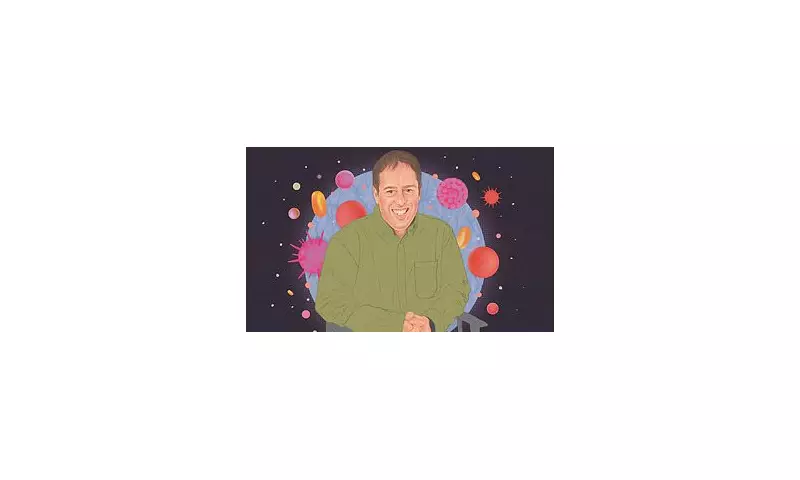
In a groundbreaking revelation that challenges decades of health wisdom, one of Britain's top immunologists has dismantled the most persistent myths about our immune system. Professor Daniel Davies, a leading authority in immunological research, exposes the truth behind common beliefs that could be undermining your health.
The Vitamin C Fallacy
For generations, we've reached for orange juice and vitamin C supplements at the first sign of a sniffle. However, Professor Davies reveals this approach is fundamentally flawed. "The notion that vitamin C can prevent or cure colds is one of the most enduring myths in public health," he explains. "While adequate vitamin C is essential for overall health, megadoses won't provide the protective shield many believe."
Exercise: The Double-Edged Sword
Another surprising revelation concerns exercise and immunity. "Moderate exercise does support immune function," Professor Davies acknowledges, "but intense, prolonged physical activity can actually suppress your immune system, creating a window of vulnerability to infections." This finding is particularly relevant for fitness enthusiasts and athletes who push their limits.
The Supplement Industry's Empty Promises
Professor Davies doesn't hold back when discussing the multi-billion pound supplement industry. "Many immune-boosting products make claims that aren't supported by robust scientific evidence," he states. "Consumers are often paying premium prices for benefits that simply don't exist."
What Really Supports Your Immune System
So what actually works? Professor Davies emphasises these evidence-based approaches:
- Quality sleep: "Consistent, restorative sleep is arguably the most powerful immune supporter"
- Balanced nutrition: "Focus on a varied diet rather than individual 'superfoods'"
- Stress management: "Chronic stress significantly impairs immune function"
- Moderate exercise: "Regular, reasonable activity maintains immune vigilance"
The Hygiene Hypothesis Revisited
Professor Davies also addresses modern cleanliness concerns. "While basic hygiene is crucial, the 'hygiene hypothesis' suggests that overly sterile environments might contribute to increased allergies and autoimmune conditions. Our immune systems need appropriate challenges to develop properly."
This comprehensive myth-busting session comes at a crucial time, as public interest in immune health remains at an all-time high. Professor Davies's insights provide much-needed clarity in an arena crowded with misinformation and commercial interests.
"Understanding how your immune system actually works is the first step toward genuinely supporting it," Professor Davies concludes. "Forget the quick fixes and focus on the fundamentals that truly make a difference."





